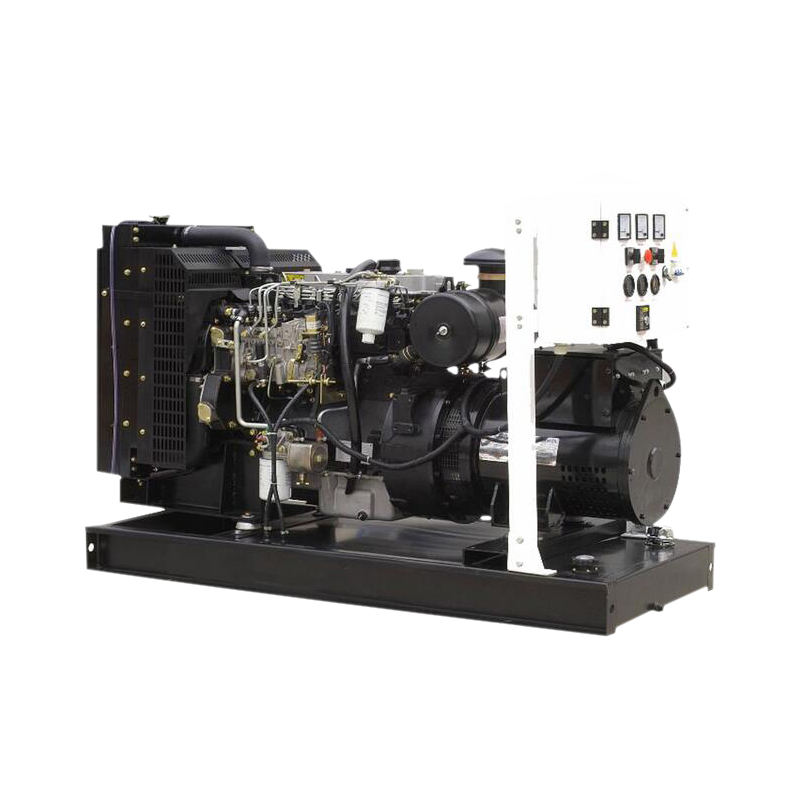Introduction
Have you ever found yourself wondering which type of generator set is best for your power backup needs? When it comes to choosing between an inverter generator and a conventional generator, there are several factors to consider. In this article, we'll explore the advantages and disadvantages of both types to help you make an informed decision.
Efficiency and Fuel Consumption
One of the primary differences between inverter and conventional generators lies in their efficiency. Inverter generators are designed to produce only the amount of power needed, thanks to their advanced engine technology. This means they can run longer on less fuel, making them a more cost-effective choice in the long run.
Inverter Generator Efficiency
Inverter generators use a three-phase AC current, which is converted into DC power and then inverted back into clean AC power. This process results in fewer energy losses and allows the generator to adjust its engine speed based on the load, ultimately leading to better fuel efficiency.
Conventional Generator Fuel Consumption
Conventional generators, on the other hand, typically run at a constant speed, regardless of the load. This can result in higher fuel consumption and lower overall efficiency compared to inverter generators. However, their simplicity makes them more affordable upfront.
Portability and Noise Levels
When it comes to portability and noise levels, inverter generators have a clear advantage over conventional models.
Inverter Generator Portability
Inverter generators are generally smaller, lighter, and more compact than conventional generators. This makes them easier to transport and ideal for camping, tailgating, or other outdoor activities. Many inverter generators also come with built-in handles or wheels for added convenience.
Conventional Generator Noise Levels
Conventional generators tend to be larger and heavier, making them less portable. Additionally, they can be quite noisy – some models produce over 70 decibels of sound, which is roughly equivalent to the noise level of a vacuum cleaner. In contrast, inverter generators typically operate at noise levels between 50 and 60 decibels, allowing for a quieter and more peaceful environment.
Power Quality and Sensitive Electronics
If you're planning to power sensitive electronics such as laptops, smartphones, or televisions, an inverter generator is the better choice.
Inverter Generator Power Quality
Inverter generators produce clean, stable power with minimal fluctuations. This is thanks to their advanced inverter technology, which ensures a consistent and reliable power supply. This makes them safe for use with sensitive electronics.
Conventional Generator Power Fluctuations
Conventional generators can sometimes produce power with voltage spikes or dips, which can damage sensitive electronics. While surge protectors can help mitigate this risk, it's still something to keep in mind when considering a conventional generator.
Practical Applications and Recommendations
Here are some actionable tips and recommendations based on the pros and cons discussed:
Conclusion
In summary, inverter generators offer numerous advantages over conventional generator sets, including better fuel efficiency, quieter operation, and cleaner power output. However, conventional generators may still be a viable option for certain applications due to their lower upfront cost. By understanding the pros and cons of both types, you can make an informed decision and choose the generator set that best meets your needs.
So, what's your next step in finding the perfect power backup solution? Take some time to evaluate your specific requirements, and don't hesitate to consult with experts or do further research to ensure you make the best choice for your situation.





